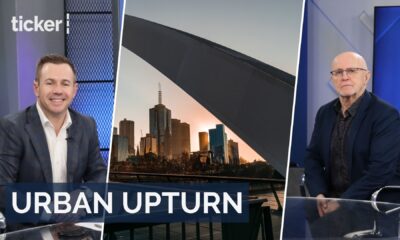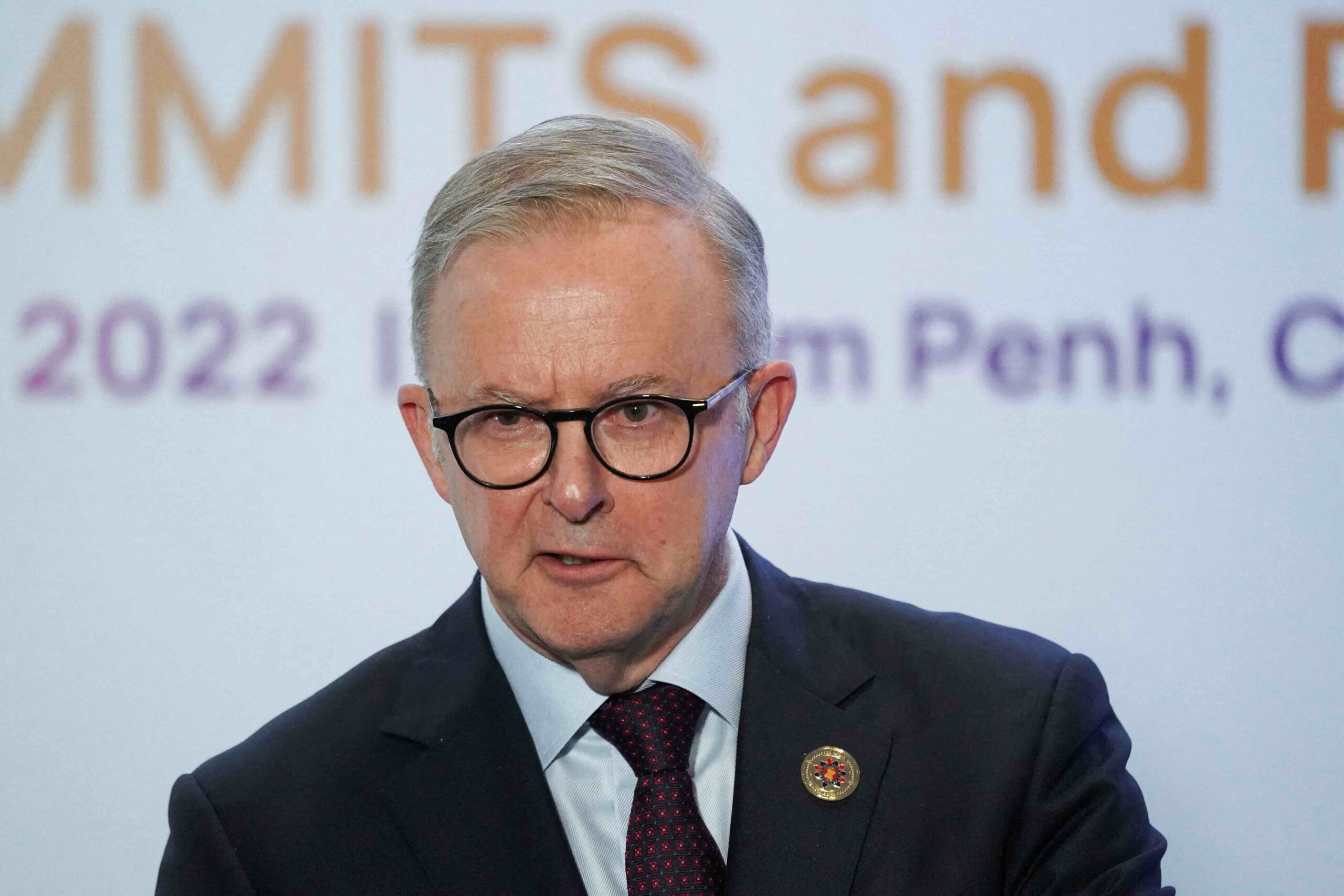Money
Australia is choosing protectionism over global economics
Money
How Iran conflict is driving oil prices and global market volatility
Money
Middle East crisis: Global markets, tech, and supply chains under pressure
Money
Australia’s inflation report and Nvidia earnings impact explained
Australia’s inflation report sparks market shifts, influencing interest rates, the Aussie dollar, and investor sentiment amid Nvidia’s earnings.
-



 News3 days ago
News3 days agoAirlines face disruptions that surpass previous Middle East conflicts
-



 News5 days ago
News5 days agoIran warns ships to avoid Strait of Hormuz
-



 Leaders2 days ago
Leaders2 days agoNina Hargrave’s journey to Serene Body Health
-



 Shows4 days ago
Shows4 days agoUnderstanding commercial lending’s unique challenges and strategies
-



 Shows4 days ago
Shows4 days agoCities reshaped by capital, policy, and design insights
-



 Shows4 days ago
Shows4 days agoVictoria leads property market recovery with positive signals
-



 News3 days ago
News3 days agoOil prices surge amid rising Middle East conflict risks
-



 News5 days ago
News5 days agoIranian Shahed drone strike hits central Dubai amid regional war




